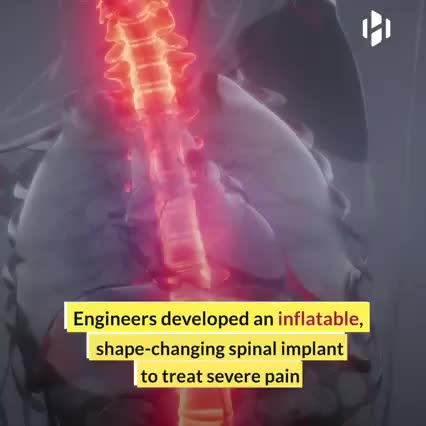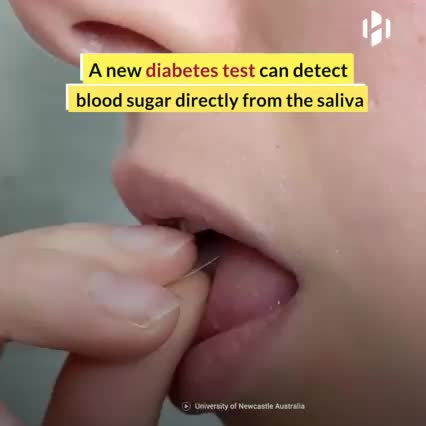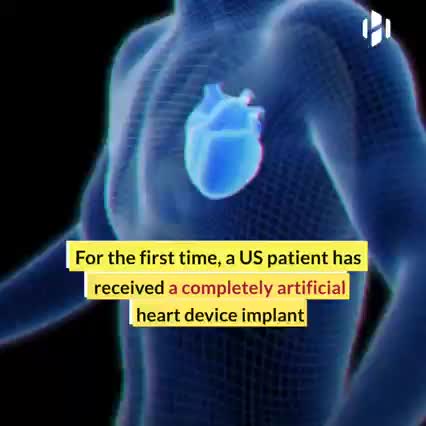A biotech company in upstate New York designs products made from the root structures of mushrooms. It takes about a week to grow their alternative to styrofoam packaging. And their vegan meat can be sliced into whole cuts and crisps up like bacon when fried.
Category: biotech/medical – Page 1,735

Our Theory Of Aging & Blood Dilution w/ Saline & Albumin | Drs. Irina & Mike Conboy Interview Ep 1
In this video, Drs Irina and Mike Conboy talk about their theory of why we age and introduce Neutral Blood Exchange, which came from their original parabiosis experiments documented in a 2005 paper.
Our guests today are Drs. Irina and Michael Conboy of the Department of Bioengineering at the University of California Berkeley. their discovery of the rejuvenating effects of young blood through parabiosis in a seminal paper published in Nature in 2005 paved the way for a thriving field of rejuvenation biology. The Conboy lab currently focuses on broad rejuvenation of tissue maintenance and repair, stem cell niche engineering, elucidating the mechanisms underlying muscle stem cell aging, directed organogenesis, and making CRISPR a therapeutic reality.
Papers mentioned in this video.
Plasma dilution improves cognition and attenuates neuroinflammation in old mice.
https://pubmed.ncbi.nlm.nih.gov/33191466/
Rejuvenation of three germ layers tissues by exchanging old blood plasma with saline-albumin.
https://pubmed.ncbi.nlm.nih.gov/32474458/
Rejuvenation of aged progenitor cells by exposure to a young systemic environment.
https://pubmed.ncbi.nlm.nih.gov/15716955/
************************************************************
Health claims Disclosure: Information provided on this video is not a substitute for direct, individual medical treatment or advice. Please consult with your doctor first. Products or services mentioned in this video are not a recommendation.
Disclosure: Some of the links provided are affiliate links. Although we may receive a small commission from the affiliate, the cost of the product for you will always be the same, or often discounted. Thank you for supporting our channel.
Audio Copyright Disclaimer:

Ancha Baranova
Great exclusive interview by longevity expert, PhD. Professor, Systems Biology. Director, Chronic Metabolic and Rare Diseases Systems Biology Initiative (ChroMe RaDSBIn) facebook.com/LifetimeTrustnet/posts/1021975448543419
Dr. Ancha Baranova interview on longevity and Covid technologies.
She discovered many biomarkers for chronic liver diseases, cancer and other illnesses, a biosynthesis of the melanin in human adipose, two novel properties of cell-free DNA, and a variety of novel functions for known biomolecules.





